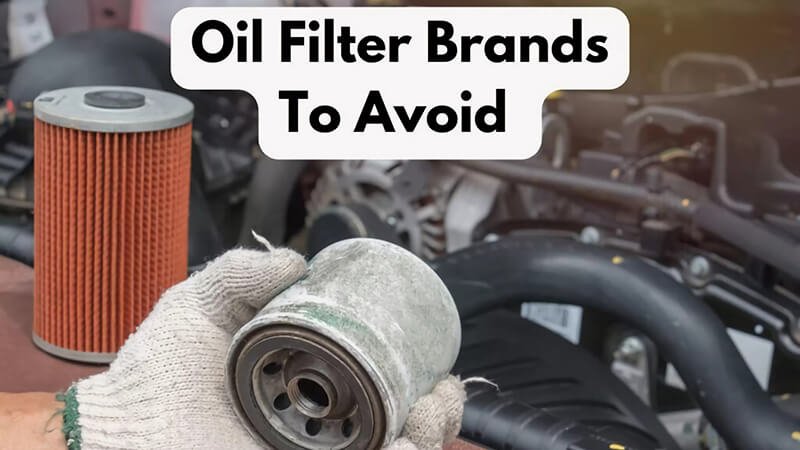Your engine might still run fine—but what’s building up inside it can’t be ignored.
Yes, changing your oil filter every 5,000 miles helps prevent engine sludge, ensures consistent oil flow, and prolongs engine life. Skipping it can lead to expensive damage, even if you don’t see it right away.
It’s easy to overlook the oil filter. It’s not flashy. It doesn’t make noise. But it plays a vital role. In my experience supplying oil filters to garages, fleet operators, and distributors around the world, the most consistent lesson is this: prevention costs less than repair. Whether you're managing five vehicles or five hundred, the right filter at the right interval makes all the difference.
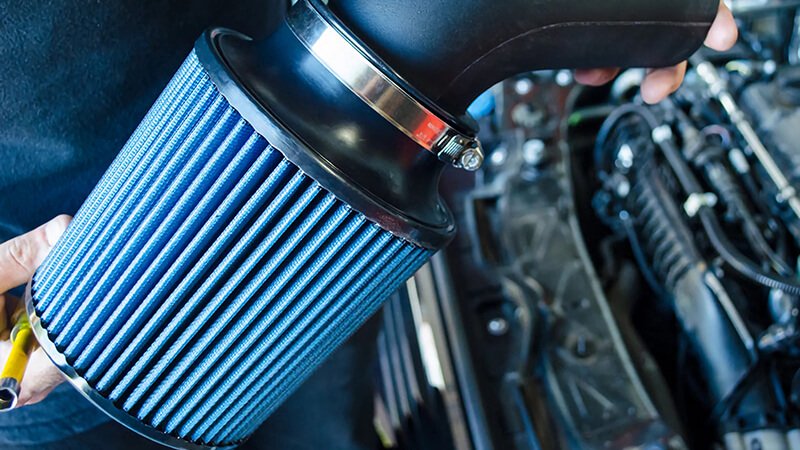
Should I change my oil filter every 5000 miles?
Even if your oil still looks clean, your filter may already be clogged.
Yes, changing your oil filter every 5,000 miles is a practical and safe rule—especially when using premium-quality filters. This interval balances filtration efficiency, oil cleanliness, and engine protection.
Why 5,000 Miles Is the Sweet Spot
From what I’ve seen across client cases and industry studies, the 5,000-mile mark1 is a performance threshold for most vehicles—especially in urban driving or mixed-use fleets. Runex Auto oil filters2 are designed to perform under both moderate and harsh conditions, but no filter is immune to clogging over time. Here’s what we consider when recommending the 5,000-mile interval:
| Factor | Explanation | Why It Matters |
|---|---|---|
| Filter Capacity | Runex filters are rated for up to 5,000 miles under average conditions. | Beyond this, debris can saturate the filter media. |
| Driving Conditions | Stop-start driving, short trips, and towing strain the engine more. | Increases contamination and shortens oil/filter life. |
| Engine Tolerances | Newer engines have tighter tolerances, so clean oil is critical. | A clogged filter can reduce oil pressure and cause wear. |
| Oil Quality | Even synthetic oil degrades, and particles accumulate. | The filter must trap debris consistently to maintain protection. |
When clients used to push filters to 10,000 miles, I saw recurring issues: oil sludge3, lower oil pressure, and even full-on engine failure. Switching to 5,000-mile changes with our filters? Zero failures in over 18 months.

Do you really need to change the oil filter every time?
It’s tempting to only change the oil—but the real damage hides in the filter.
Yes, changing the oil filter every time you change the oil ensures your new oil stays clean and your engine remains protected. Reusing an old filter can undo the benefits of fresh oil.
One Without the Other? Not Worth It
You wouldn’t drink fresh water from a dirty cup. Why pour clean oil through a clogged filter?
Some garages still treat oil and filter changes as separate tasks, usually to save a few dollars or minutes. But oil filters4 trap microscopic contaminants that can’t be drained with the oil alone. Here’s how it plays out:
| Scenario | Result | Long-Term Risk |
|---|---|---|
| Oil changed, filter not | Old filter dumps debris into fresh oil. | Accelerated engine wear5. |
| Filter changed, oil not | Clean filter tries to purify dirty oil. | Filter clogs fast; oil degrades faster. |
| Both changed together | Clean system from start. | Maximum protection, best performance. |
One garage told me a customer tried to cut costs by only changing the oil. After three skipped filters, the engine seized. We helped them set up a reminder system and supplied a stock of Runex oil filters6—now they promote full changes, and their customers stick around.
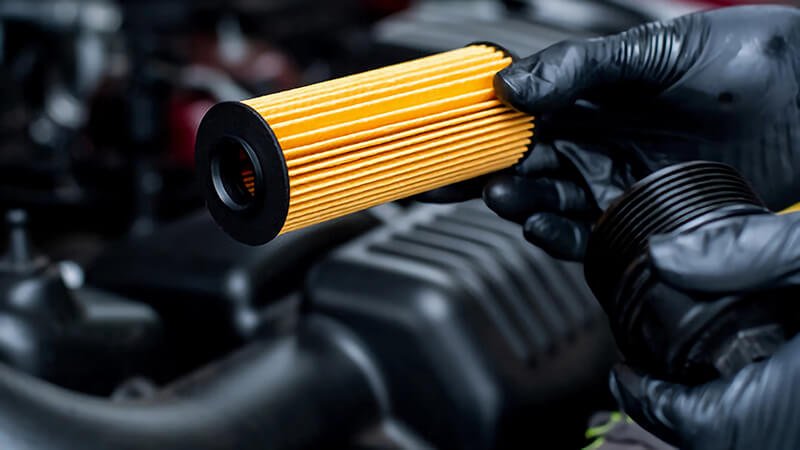
Should oil and oil filter be changed approximately every 3000 to 5000 miles?
Modern engines and filters have improved—but so has engine stress.
Yes, changing oil and oil filter every 3,000 to 5,000 miles remains ideal, especially under tough driving conditions. Synthetic oils help, but they still need a clean filter to protect your engine.
Why Intervals Still Matter
With synthetic oil7s and more efficient engines, many assume they can go 7,500 or even 10,000 miles without a change. Technically, they can—but should they?
At Runex, we engineer our oil filters8 with dual-layer synthetic media for improved filtration. They perform better than many OEM parts, but they’re still bound by physical limitations. Here’s how it breaks down:
1. Driving Style vs. Engine Health
City driving generates more contaminants than highway driving. Short trips don’t heat oil enough to burn off moisture or fuel residue. This creates sludge faster, clogging the filter sooner.
2. Synthetic Oil ≠ Infinite Life
Synthetic oil resists breakdown, but it still carries debris and combustion byproducts. The filter becomes the bottleneck. Once clogged, oil bypasses the filter entirely—unfiltered oil reaches your engine.
3. 3K vs. 5K vs. 10K?
Here’s a comparative look:
| Interval | Pros | Cons | Best For |
|---|---|---|---|
| 3,000 miles | Maximum safety | Slightly higher cost | Harsh conditions, older engines |
| 5,000 miles | Balanced protection | Needs quality parts | Fleets, daily drivers |
| 7,500+ miles | Fewer services | Higher risk if filter clogs | Newer engines with extended-life filters |
From my experience working with fleet operators, most switched back to 5,000-mile intervals—not because the oil failed, but because pushing filters too far created hidden risks.
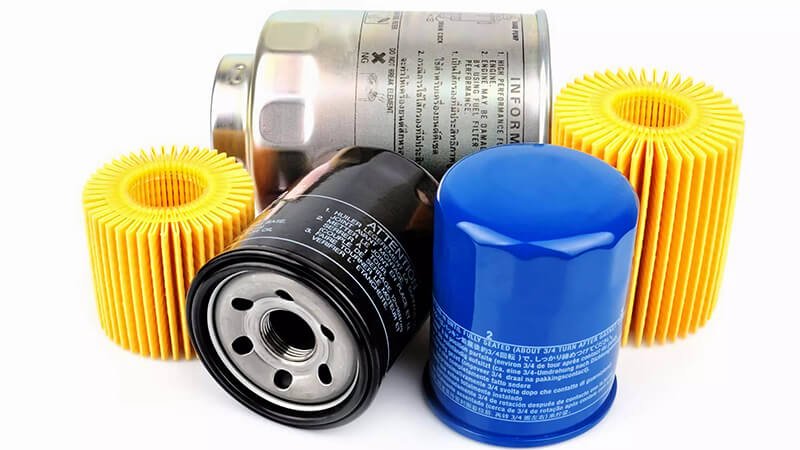
How many miles can you go without changing the oil filter?
You can skip it once. Maybe twice. But then comes the sludge, the clog, and the engine light.
You shouldn’t go beyond 5,000 miles without changing your oil filter. Stretching it further risks filter saturation, reduced oil flow, and serious engine damage.
When Pushing the Limit Backfires
Skipping filter changes may seem harmless at first. The oil might look fine. The engine may sound the same. But inside, microscopic debris is grinding away at precision metal surfaces. This leads to:
- Accelerated wear of bearings and cams
- Poor oil pressure regulation
- Increased engine temperature
- Carbon deposits in oil passages
Filter Longevity Isn’t Infinite
Even high-end filters like ours at Runex Auto aren’t made for indefinite use. Here’s why:
- Contaminant Capacity9: Once full, the filter can no longer trap particles.
- Media Breakdown10: Continuous pressure, heat, and moisture degrade the filter structure.
- Valve Failure: Worn anti-drainback valves allow oil to leak back, causing dry starts.
| Mileage Without Filter Change | Risks Involved |
|---|---|
| Up to 5,000 miles | Safe with quality filter |
| 5,000–7,000 miles | Increased flow resistance |
| 7,000–10,000 miles | Media degradation likely |
| Beyond 10,000 miles | Engine risk: sludge, wear, seize |
My Fleet Case Study
I had a fleet client who ran extended oil intervals without changing the filter to save on maintenance. Two engines failed within six months. Post-failure analysis showed oil starvation11 and sludge. After we implemented a strict 5,000-mile oil and filter cycle with Runex parts, downtime disappeared—and they haven’t lost a single engine since.
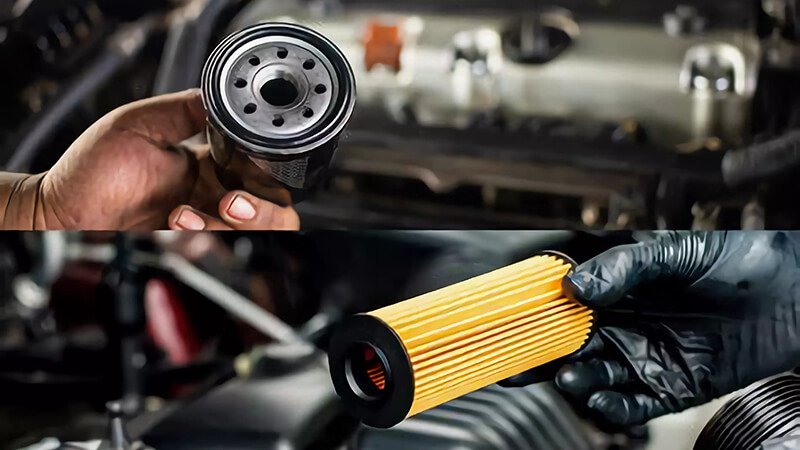
Conclusion
Changing your oil filter every 5,000 miles isn’t just good advice—it’s essential maintenance. Whether you're a garage owner, fleet manager, or weekend driver, your engine’s health depends on clean oil and a clean filter. Skipping the filter might save a few dollars now, but it often leads to costly engine repairs later. With Runex Auto filters12, you’re not just replacing a part—you’re protecting performance, reliability, and trust.
For my customers, that’s always been the real value.
-
Understanding the 5,000-mile mark can help you maintain your vehicle's performance and longevity effectively. ↩
-
Explore the advantages of Runex Auto oil filters to ensure optimal engine protection and performance. ↩
-
Learn about oil sludge causes and prevention methods to keep your engine running smoothly and efficiently. ↩
-
Understanding the role of oil filters can help you maintain your engine's health and performance effectively. ↩
-
Learn about the impact of engine wear on your vehicle to make informed maintenance decisions. ↩
-
Discover why Runex oil filters are recommended for optimal engine protection and performance. ↩
-
Understanding synthetic oil's properties can help you make informed decisions about your vehicle's maintenance and longevity. ↩
-
Learn about the crucial role of oil filters in maintaining engine performance and preventing damage. ↩
-
Understanding contaminant capacity helps you realize the importance of timely filter changes to protect your engine. ↩
-
Learn about media breakdown to ensure your oil filter performs optimally and extends engine life. ↩
-
Discover the effects of oil starvation on engines to prevent costly repairs and maintain performance. ↩
-
Find the best OEM Oil filter from Runex Auto. ↩

